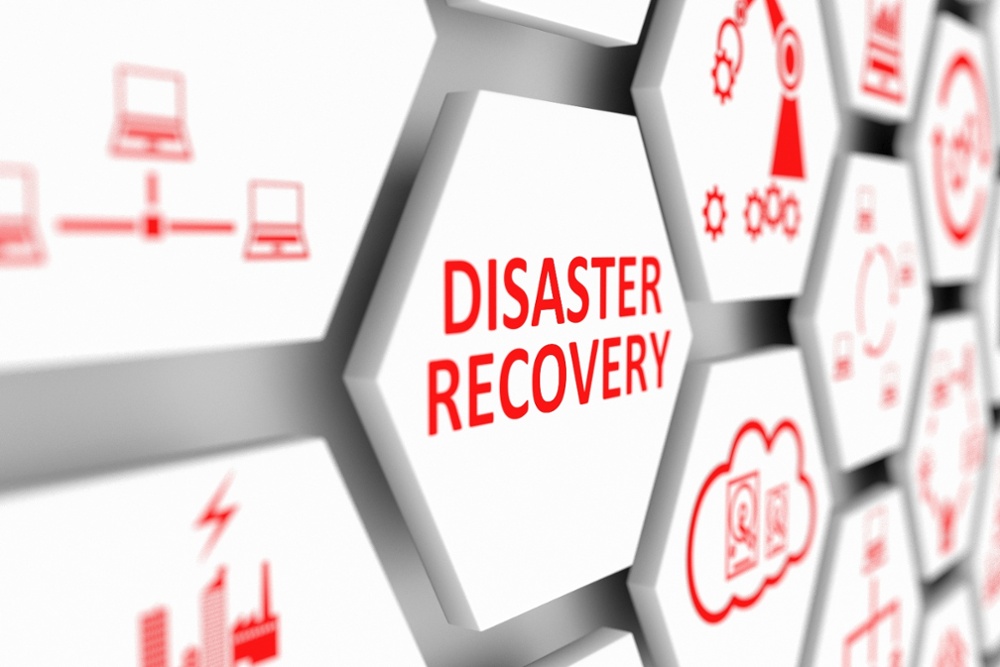
Following the onset of the COVID-19 pandemic, many Canadian firms moved to a more distributed model, with members working regularly from home. Remote technology has become essential for maintaining practice continuity.
If disaster struck today, would your firm's current IT protect your clients and practice? It's time to consider how you can best leverage technology to prepare for the unexpected. Here are four critical ways:
Security Best Practices
At the best of times, managing law firm security is a challenging undertaking, even more so if your users are distributed. All devices that connect to your network are possible avenues for hackers and malware to compromise your systems. From keystroke loggers to social engineering the threats to law firm security are constantly evolving. These vulnerabilities are multiplied when firm members use personal devices in their own homes to connect to the office.
Disciplined management of end user computers is a good start. This allows automatic application of security updates for programs like Windows, Acrobat, and Chrome. It can also protect against inadvertent installation of software on remote computers which is a common way viruses attack company networks.
The best protection for your remote workers is to use a robust virtual desktop solution, which enables them to access all of their files and software without transmitting any client files to their remote device.
*Hint: Two-factor authentication is a must. With this inexpensive technology, hackers will be denied access to your network even if they steal a user’s name and password.
Redundant IT Infrastructure
Your IT is the foundation of your back office: in order to maintain productivity, you require technology that delivers high availability and smooth performance.
Even with the best planning, computer hardware eventually fails – and sometimes not eventually! Components can fail, upgrades can be delayed or other factors such as fire, flood, and power outages can prevent your firm from operating. Downtime can be significant, along with the expense of getting back up and running.
It no longer makes sense for law firms to own and manage their own IT infrastructure. Moving your IT from onsite to a Private Cloud outsources management to professionals and prevents disruption to your practice. Should a server fail, virtualization will enable other servers to instantly pick up the load and continue operating. Additional redundancies from storage systems to redundant network paths will maintain high system performance, eliminating interruptions.
Private Cloud delivers best practice IT management and powerful, large firm IT capabilities to smaller firms, at scale.
Seamless Remote Work
Before Covid-19, your remote software or VPN was likely enough to support firm members who occasionally worked offsite.
But if you have members regularly logging in remotely, you need a better remote solution that enables 100% productivity for everybody, including access to all files, email and software.
You may have legacy software that doesn’t perform well over a remote connection, diminishing your productivity while amplifying your frustrations. Virtual desktop technology is an ideal solution for this - all software is hosted in the data centre, where it runs at high speeds and offers a seamless work experience. Firm members can securely log in from any location or device and be as productive as they would be in the office.
Trusted Backups
A maxim of IT planning is that "it isn’t the backups that count, it’s the restores".
Information is the currency of your practice, so there’s nothing more important in your IT than ensuring you can successfully recover your information when disaster strikes.
All too often, firms have found that after a system failure the wrong data was backed up, backup media was damaged or the data was incomplete.
Full backups should be conducted at least once a day and should be copied to another site. Confirm recovery testing and make sure you understand the practical implications of restoring your system. How long will it take?
For peace of mind, ask yourself: How frequently are backups performed? Where are they located and how long are they retained? How often do you do test restores? How long does it take to recover?
The best solution is to outsource backups to a trusted provider with demonstrable and audited processes.
Conclusion
2020 was a wake-up call for all of us, reminding us that disaster can strike when we least expect it. As a lawyer, you’re accustomed to anticipating outcomes and preparing your clients; by moving your firm’s IT to a Private Cloud solution with secure virtual desktops, you can rest assured that your firm will be prepared as well.













